Photo by International Federation of Red Cross.
In the days after the April 16 earthquake, there was an immediate need for the basics: water, canned food, diapers. Even survivors with money were helpless, because the tiendas and supermercados from which they might have purchased their necessities had been destroyed. In response to the disaster, churches, government offices, and youth groups manned collection centers all over Ecuador, where citizens passed water bottles, food, clothing and medicine hand-to-hand as they loaded trucks. Many of us were proud to watch those trucks heading to the coast — it made us feel good to fill our grocery baskets, knowing that soon these essentials would be in the hands of the suffering.
Four months later, help is still desperately needed. The dispensa at Proyecto Samán in Canoa currently has only enough rice to last two weeks. There are no dry beans. There is little cooking oil.
Do the earthquake survivors living in tents and temporary shelters need us to fill our supermarket carts with rice once again?
No. They need us to open our wallets.
But many generous gringos are resistant. They say, “I don’t give money because I want to make sure my gift goes directly to those who need it.” Perhaps they’re worried that the money will end up in the pockets of corrupt officials or spent on excessive administrative costs — but giving goods rather than money causes issues. Here are ten reasons why you should stop donating goods to earthquake survivors.
- Individual gifts are insufficient to meet the most pressing needs. For example, transportation at Proyecto Samán is a daily hardship. To buy or rent a transport vehicle will cost thousands of dollars. The combined monetary gifts of many are required to meet this need.
-
Sara Coppler surveys the stock inside the despensa at Proyecto Samán. Residents receive points every week that they can use to buy items they need. Unnecessary shipment costs are a waste of funds. It is no longer difficult to obtain most things in the affected areas, as stores and roads are open again. The shipping of donated goods adds unnecessarily to the cost of aid, but not to what the recipients see.
- Buying in bulk is more efficient. Organizations such as Proyecto Samán and Hearts of Gold are able to buy in bulk and negotiate better prices, making the best use of scarce resources. It is easier to distribute and keep inventory of items purchased in bulk.
- Excess donated goods take up important space. Currently, excess donated food and supplies are kept in secure storage buildings that could be used to house a family or start a business. It is better to have only a reasonable amount of goods on hand.
- Individual donations of goods makes fair distribution among families difficult. At Proyecto Samán there are currently 35 families with personal kitchens in their temporary shelters. If an item is donated in insufficient amounts for every family to receive it, problems arise. The dispensary manager at Proyecto Samán is best able to determine and purchase the right amount of everything.
- A variety in the size of products causes discord. A psychological effect of severe loss is a desire to hoard food and supplies. Families who have lost everything are under great stress in general, and their worry that food and supplies are being unfairly distributed adds to this. Even if there is cooking oil for every family, for example, it is difficult to distribute fairly when each donations is in a different-sized bottle. Allowing purchases of identical items removes this stressor.
Clothing donations for earthquake survivors are no longer necessary. (Photograph by Sara Coppler) - Often, donated goods are not useful to the recipients. Did you know that Ecuadorian schools have rigid requirements for the types of school supplies children are permitted to use? Clothing must be in sizes and weights that are suitable to the people and the climate. On the hot and humid coast, gringo-sized jackets, sweaters and sweatshirts take up valuable storage space and the costs for transporting them are wasted.
- Donated food may be of little use to the recipients. Often gringo donations include such things as breakfast cereals, salad dressings, cake mixes, cheese sauce and spaghetti sauce, which are not part of the local cuisine. Families may not know how to use the donations or lack the ability to use them. Most recipients do not own ovens, microwaves or even can openers.
- Local businesses are suffering. In addition to saving unnecessary delivery costs by buying needed goods from vendors in the affected areas, money spent in these areas (instead of in Cuenca, for example), helps devastated business owners get back on their feet and hire their former employees once again.
- Your cash donations are efficiently monitored and spent. All donated funds which pass through project fiduciaries and foundations such as Hearts of Gold are strictly accounted for. Nothing is wasted. For example, the self-funded volunteer staff at Proyecto Samán includes experienced disaster-relief experts, international development specialists and project managers who make spending decisions according to a plan.
People whose lives were destroyed by the earthquake still desperately need your help. Your donations of money mean more than you can imagine. Please don’t stop giving.

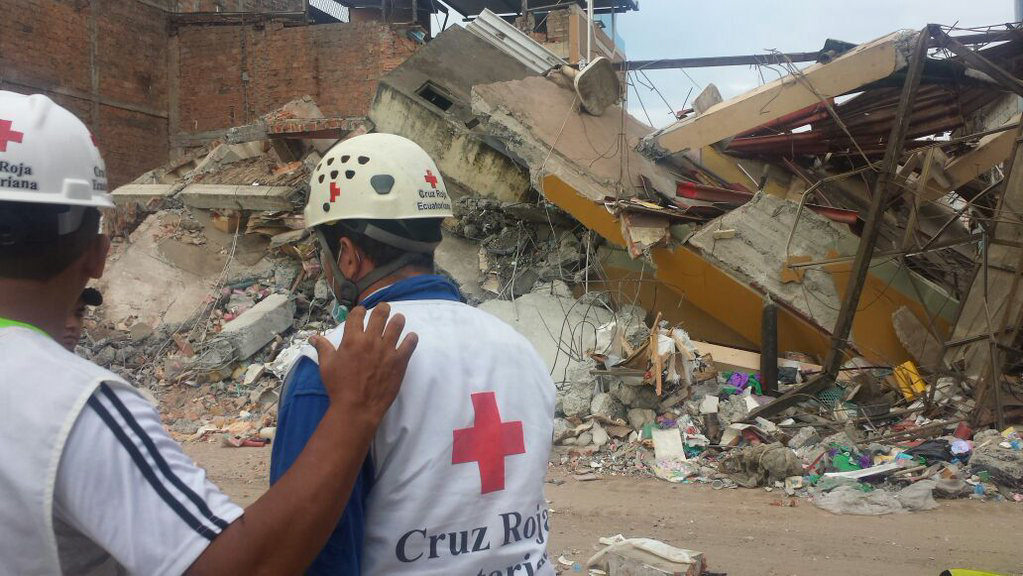

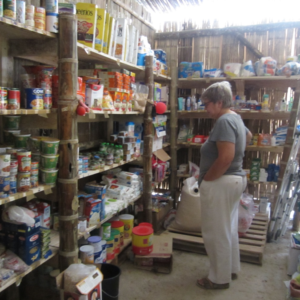
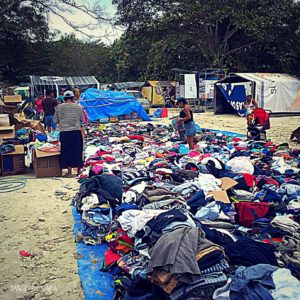





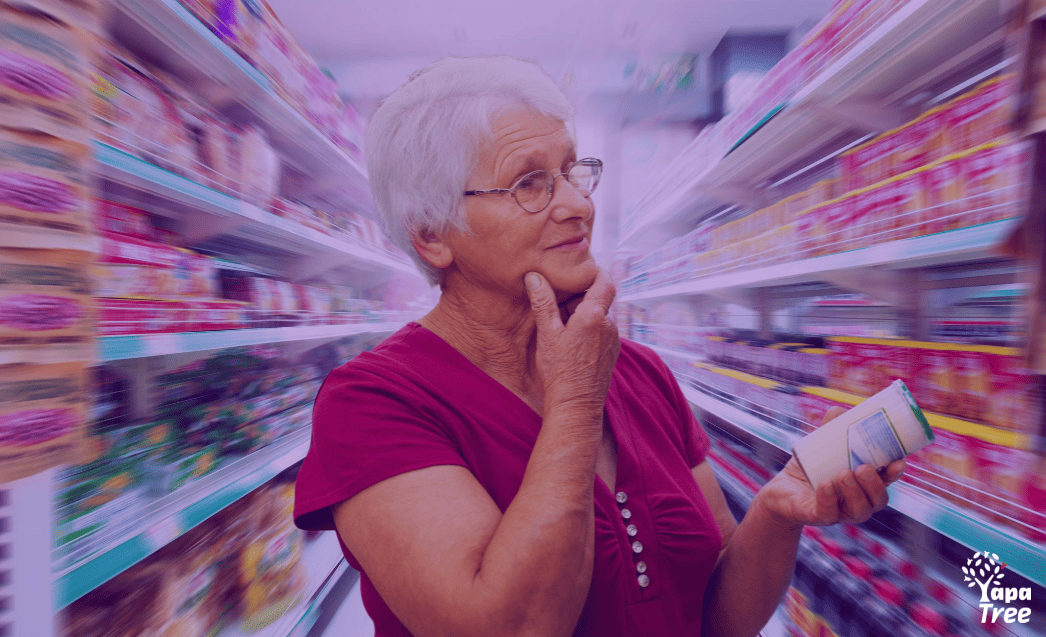
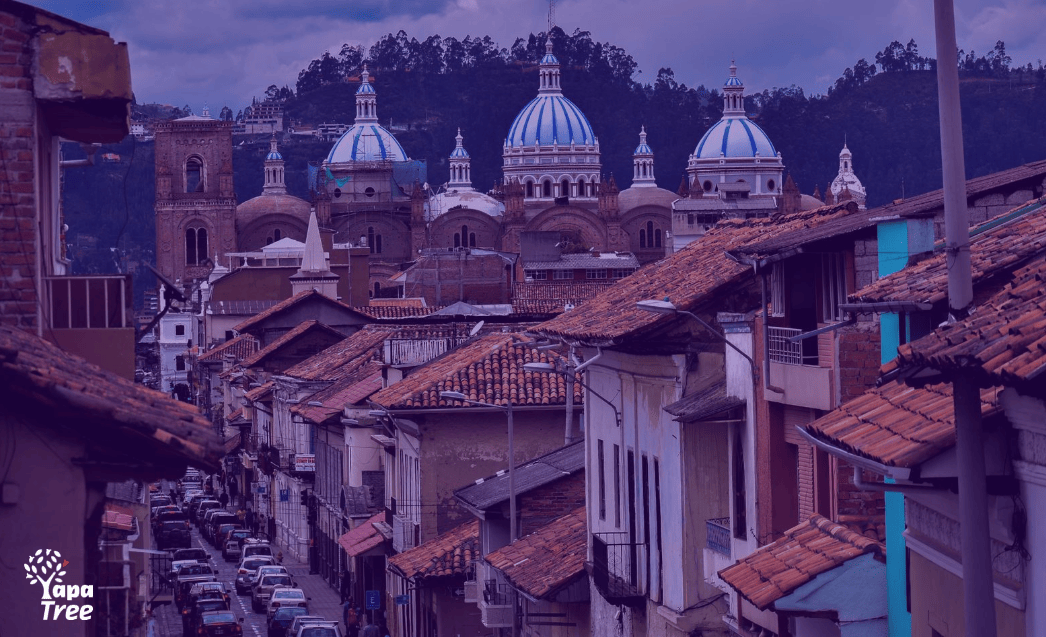
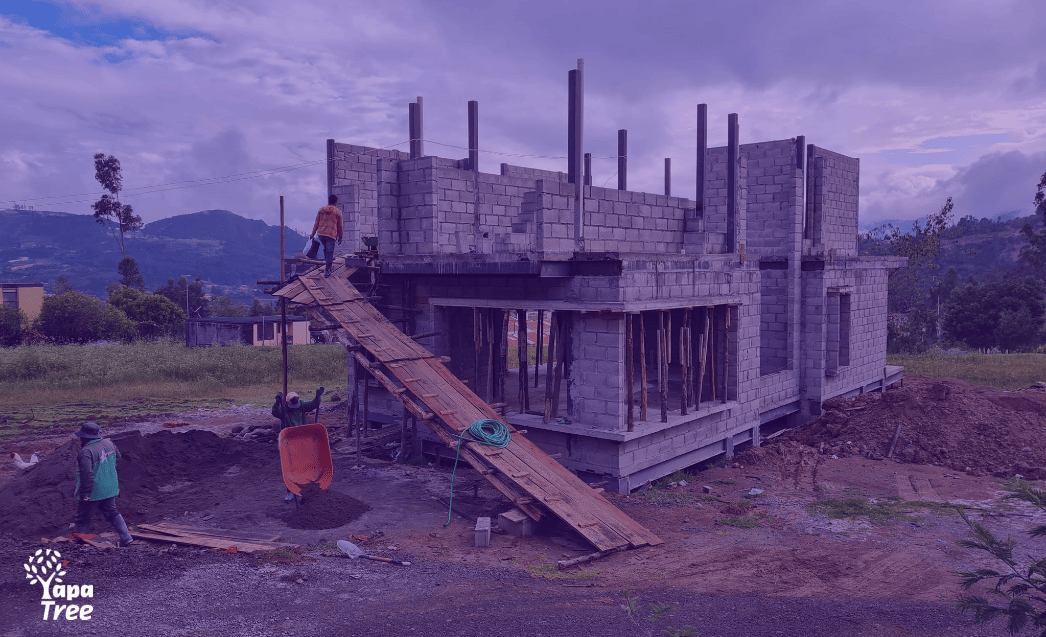


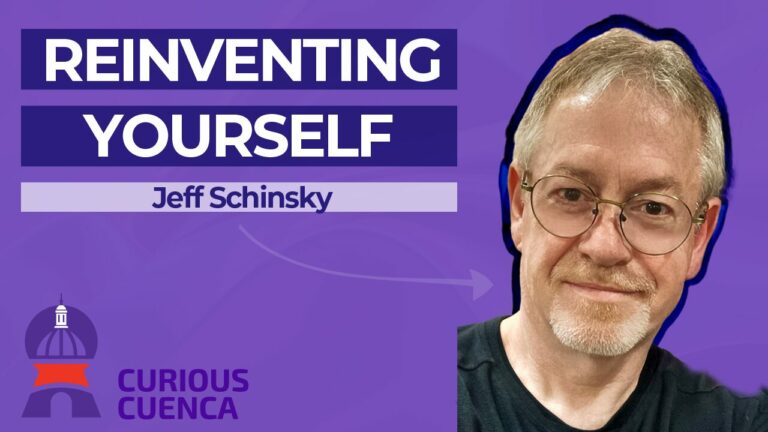
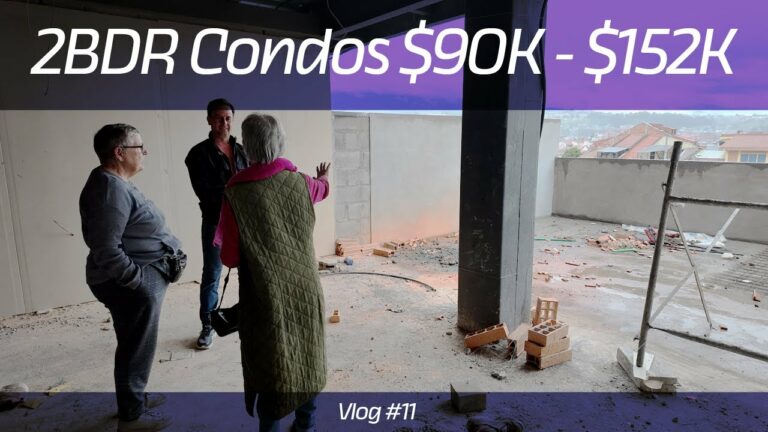
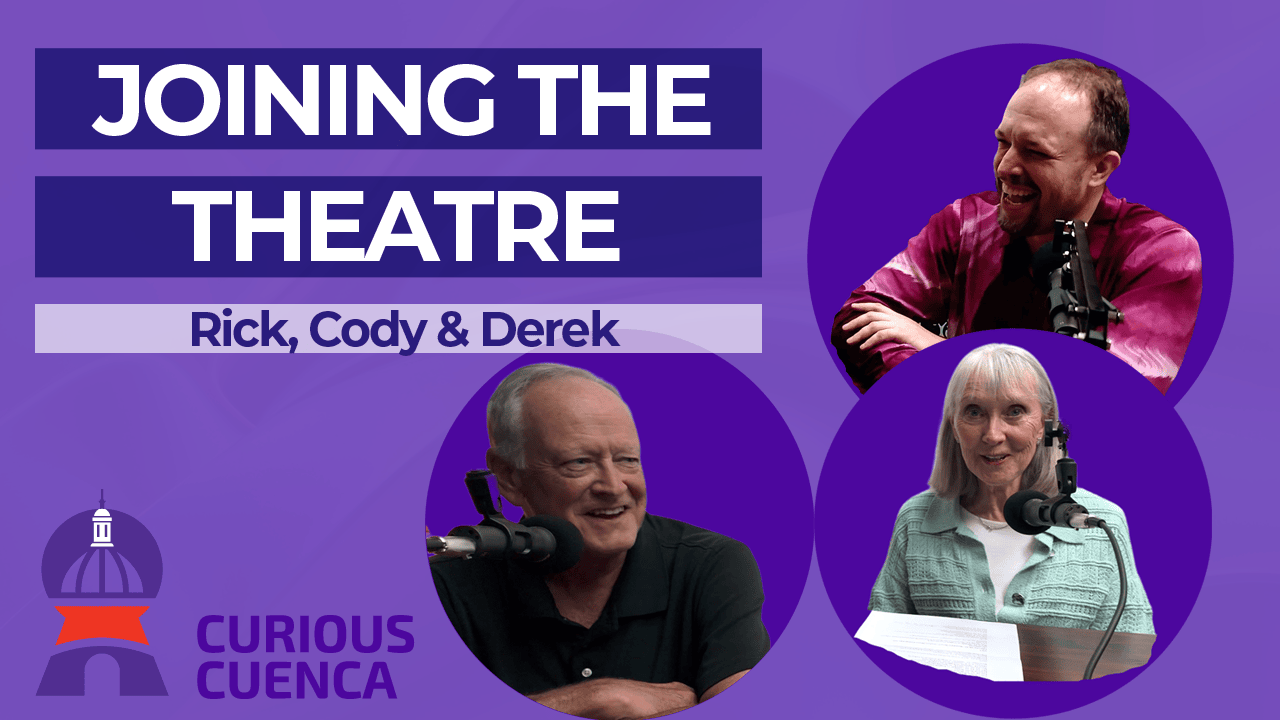

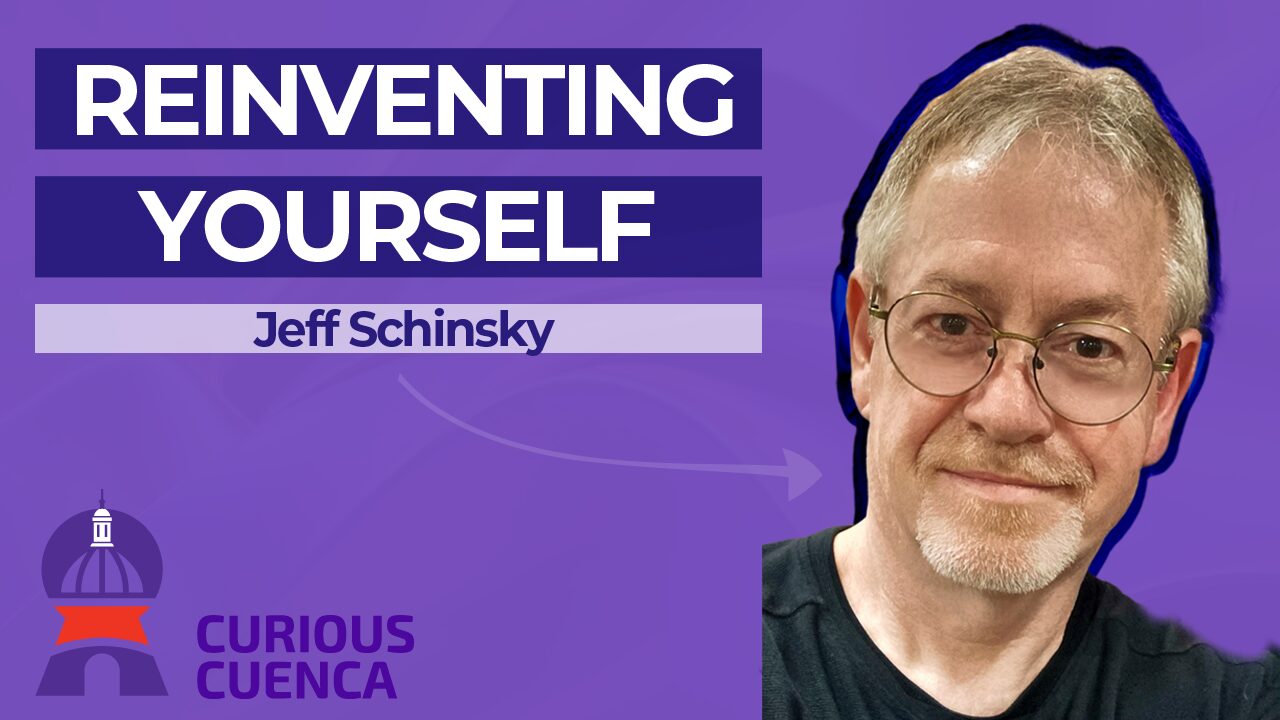
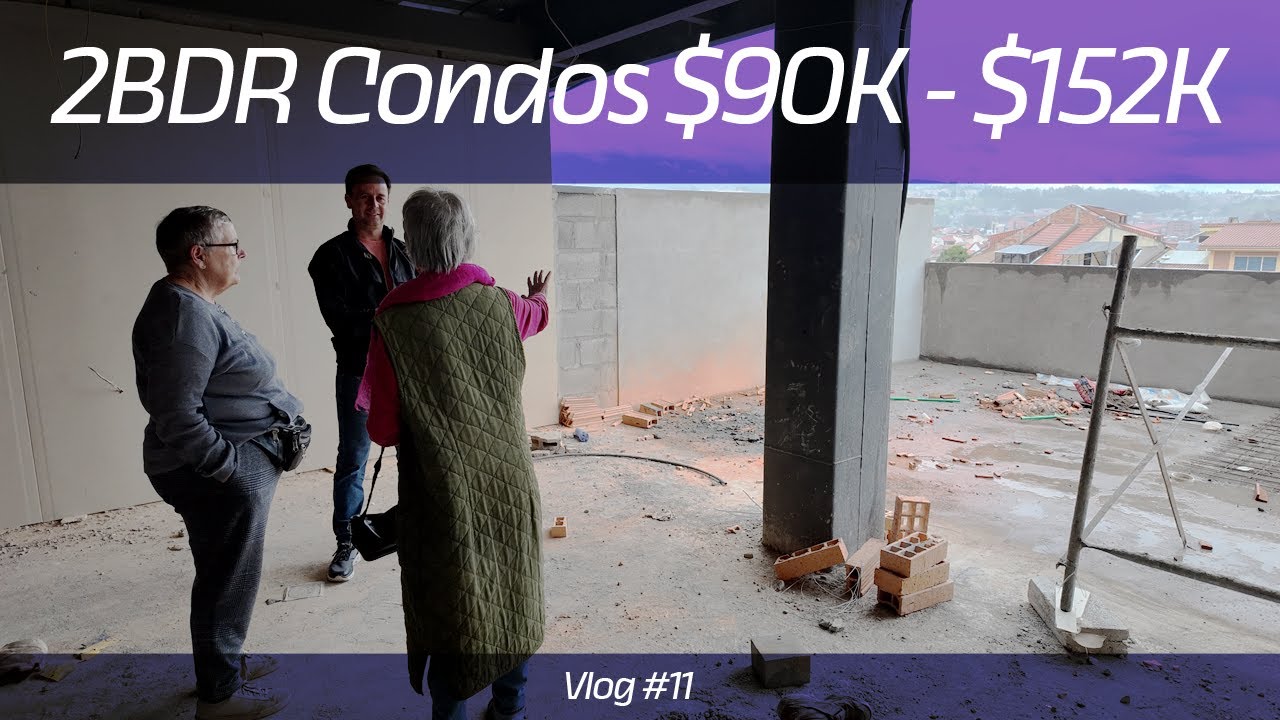
3 Responses
As a woman who spent her entire adult life, in ministry, I absolutely agree with your assessment! I have been part of providing free clothing and food, via pantry’s and store fronts in inner city U.S. And you are spot on!! We will continue to give money from our church!
I agree with spiffyheart………………………………………….
Well-reasoned assessment, Fran. Thank you for all your efforts